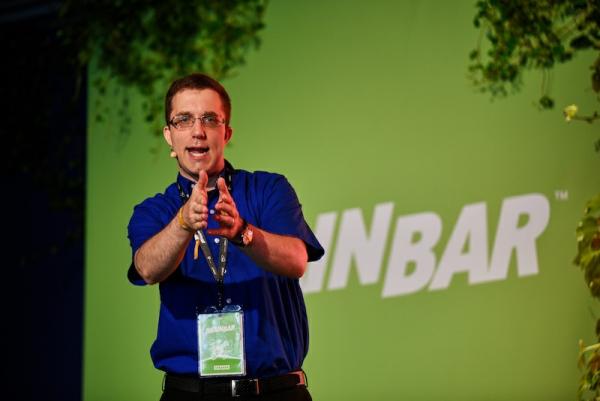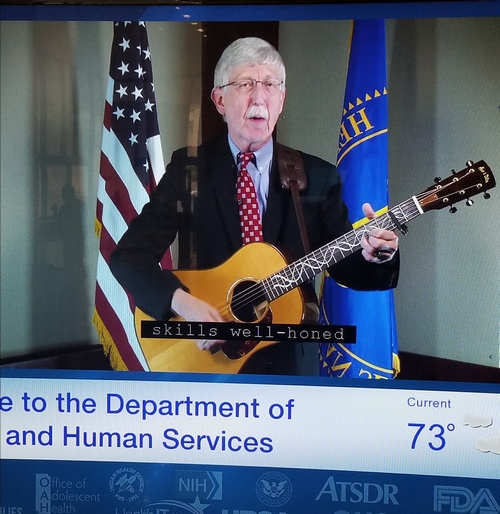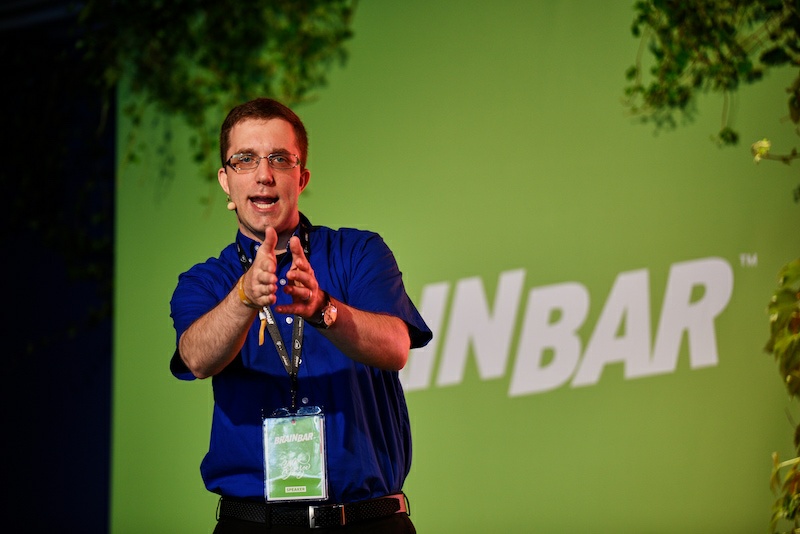
1. The BBC was into poop - the still-ongoing trend of public serial poopers - and linked to work by Dr. Jamie Wells on it. That wasn't the only place this fad was noted.
2. We met with HHS leadership to discuss how to better move the needle when it comes to both government and the public making decisions based on solid evidence. While we are critical of some decisions, we recognize that for the most part they want to do good work and help the public, no differently than scientists here or in the private sector. It isn't easy, they are moving a bureaucracy the size of a moon, and no decision makes everyone happy, but there is no doubt they care. What I was told they like about us: We will give them a straight answer and we can do it quickly.
That's true, in our 40th year there is almost nothing we haven't thought about by now. Obviously, science is sometimes complex and there are multiple factors, but we exist to give real answers - we don't always meander off to "on the other hand" waffling. We can be one-handed when the answer is obvious, and our one hand is always even.
Bonus: On a monitor in the lobby they have a video of NIH Director Dr. Francis Collins singing about science. Check out the DNA helix inlay on that guitar!

3. In Reason, they discussed our work bringing some clarity to the opioid crisis, which has become more of a political avalanche than a public health one. Though government continues to point a revolving blame cannon at doctors, drug companies and pain patients, the problem has been and continues to be recreational users. And few of them started as pain patients.
4. The folks at BrainBar: The Biggest European Festival On The Future, flew Dr. Alex Berezow to Budapest to talk about what Stephen Hawking was wrong about. He was arguably the most famous modern scientist, but he was wrong far more than he was right - about food supply, overcrowding, epidemics, alien invasions, you name it. Since we are not activists, we have no sacred cows. And even parts of Europe like that about us.

5. In Science 2.0, Henry Miller, MD, details how scientific fraud became enshrined in EU law. We have beaten back the efforts to ban useful agricultural science like GMOs and neonicotinoid pesticides here - America has the highest adult science literacy in the world, after all - but the fight is never over. Though our science literacy is much higher than Europe, it still means 70% of Americans will believe industry front groups like Organic Consumers Association and their discredited publicity agents like former journalists Paul Thacker and Carey Gillam over scientists.
6. Dr. Jamie Wells appeared on Working For Women, the Independent Women's Forum podcast, with Senior IWF Fellow Julie Gunlock to talk about the forgotten children of the opioid epidemic. Prescription opioids and the cycle of addiction affects children in very damaging ways--which are often left out of the conversation. We note that solutions should be family-centric, thoughtful, and comprehensive.
7. Heartland Institute's "In The Tank" podcast discuss our work noting that wind and solar are fine adjuncts to real energy sources, but activists only promote them because they know they don't really work. When solar does eventually become viable - and it will - environmentalists will turn on it, just like they did natural gas.
8. The Good Men Project linked to our work on suicides. There have been a rash of them recently, some states have seen a dramatic increase in the last 20 years, and high-profile celebrities have brought more attention to the issue.
9. While in Hungary for the Brainbar conference, Dr. Berezow was interviewed for the Hungarian show 1/1 - their version of "60 Minutes" but better, because public relations outfits like Fenton Communications don't have it populated with environmental doomsday claims. Sure enough, they wanted to talk about Hawking’s doomsday nonsense.



